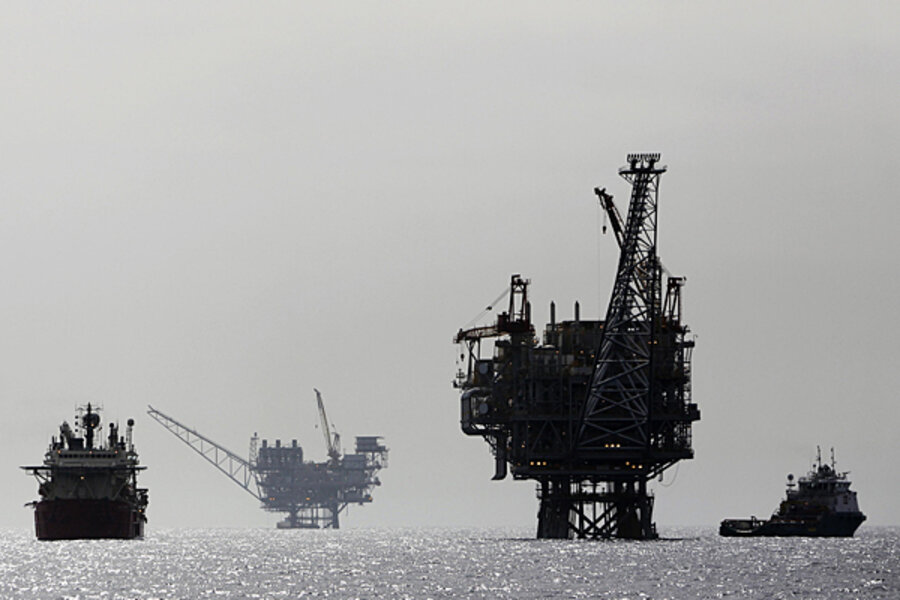Israel mulls natural gas exports. Is that a good idea?
As the United States contemplates exporting natural gas to the rest of the world, previously energy-poor Israel seems about to jump on the export bandwagon. The current government is seeking approval to export about 40 percent of the production from its newly discovered offshore natural gas fields.
In an era of high volatility in energy prices and supplies and in a country surrounded by unfriendly neighbors, one would think that Israel would want to keep this valuable energy prize all to itself. Current estimates suggest that the remaining 60 percent of production will allow Israel to supply all its needs for 25 years.
My question is: What will the country do after that? Presumably it will need natural gas after 25 years. And, what if estimated reserves turn out to be too optimistic and the supply doesn't last that long? No one really knows what's in a reservoir until it is actually produced.
What if the current steep rise in the rate of natural gas consumption continues for a number of years? Estimates stated in years of supply are usually based on the current rate of consumption. But if the rate of natural gas consumption continues to accelerate, the 25-year supply will shrink to a fraction of that number and the inevitable peak in production from these fields will occur even sooner. Moreover, additional supplies are unlikely to come--at least at favorable prices--from any of Israel's neighbors.
Wouldn't Israel benefit from maintaining a lower rate of natural gas production in line with its domestic needs so as to stretch out supplies as long as possible? Of course, it would. The country's energy security would be greatly enhanced if its natural gas supply could be assured for, say, 40 years instead of 25 (though the period is likely to be quite bit less if consumption continues to rise).
So, who benefits from overproducing natural gas for export? The private companies involved in the drilling and extraction of the gas, of course. It is in their interest to produce as much as they can as soon as they can in order to reward their management and stockholders. As if to put an exclamation point on this interpretation, Bloomberg reported that one of the partners in the project, Delek Group Ltd., is swimming in debt and desperately needs the extra sales that exports represent to make its debt payments.
Though the Israeli Parliament is expected to act on the proposal to export natural gas, it could just as easily pass legislation that would restrict flow rates from these reservoirs. For a country as sensitive about its security as Israel, it is surprising that no apparent consideration has been given to this approach.
There are dissenting voices. But my guess is that the interests of the private companies involved in natural gas exploration and production will be given precedence over the long-term security needs of Israel. And, I expect this to happen very shortly.






